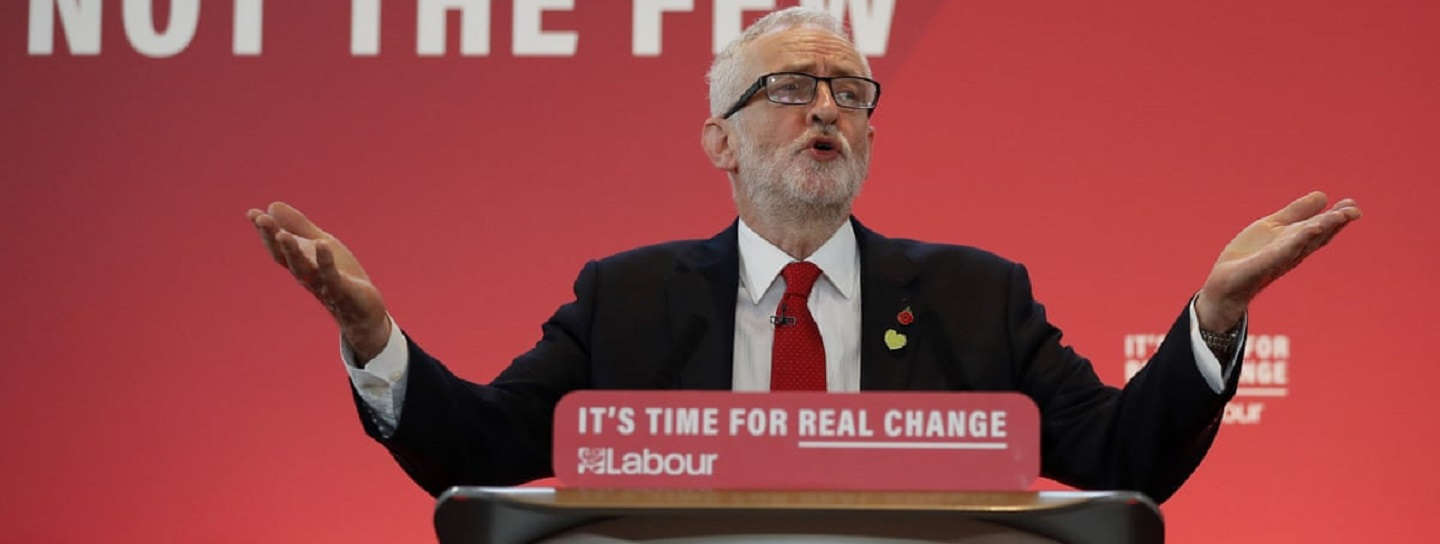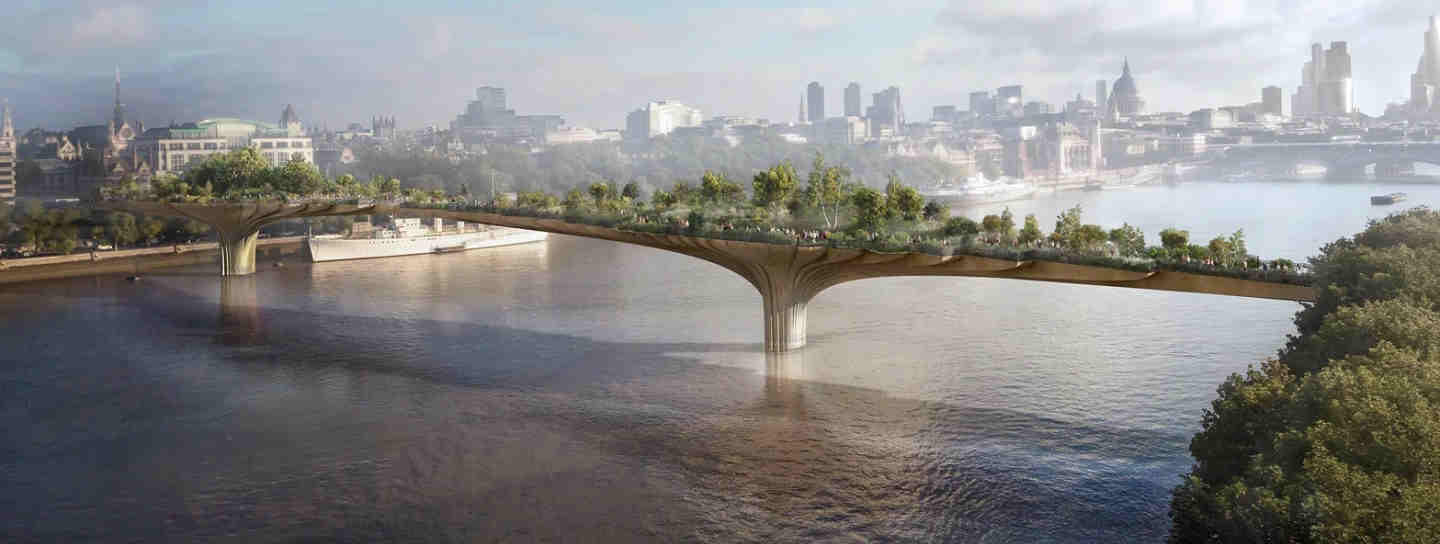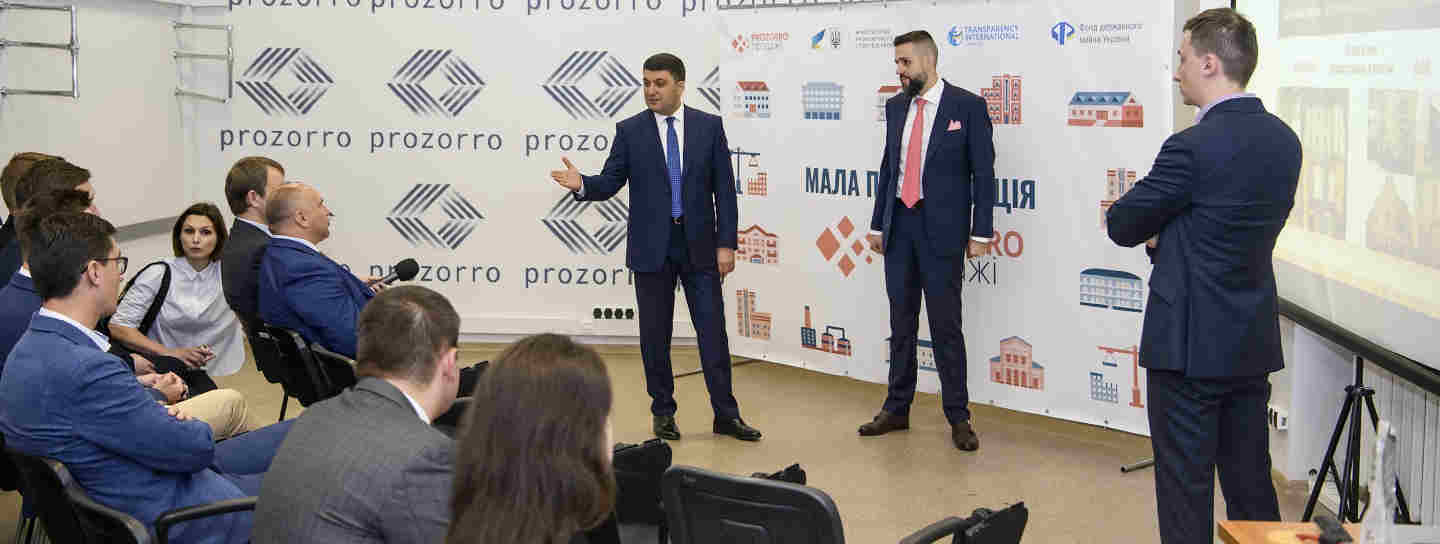We wrote last week about the forces around the world that seem to be moving governments and nations towards a more protectionist attitude to trade and also to government procurement. This is being seen in Europe, Australia, the US, India and various African nations too. At its extreme, it sees government procurement expenditure primarily as a tool to support “local” or national interests and suppliers.
As this movement continues, we are seeing little written in defence of free trade, open access to markets, and the benefits of a public procurement approach that puts other factors – such as value – at the heart of the activity. So we thought it was worth re-stating the negatives around a protectionist approach to procurement, and some of the benefits of openness.






